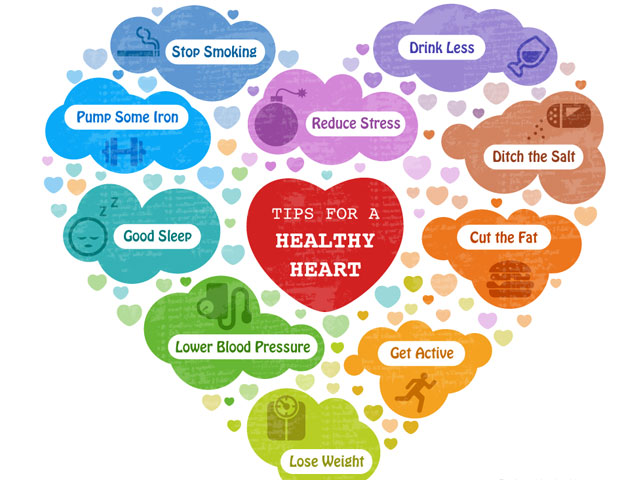Understanding the disparity between cardiac arrest and heart attack is crucial for prompt emergency response. Dr. Sanjay Kumar, esteemed as the best cardiologist in Faridabad, sheds light on the Cardiac Arrest vs Heart Attack: Differentiation and the essential steps for effective emergency care.
Cardiac Arrest vs. Heart Attack: Differentiation
Cardiac Arrest: It occurs suddenly when the heart’s electrical system malfunctions, leading to an irregular heartbeat (arrhythmia). This disrupts blood flow to vital organs, causing the heart to stop beating. Cardiac arrest is an immediate medical emergency requiring prompt action to restore the heart’s rhythm.
Heart Attack: A heart attack results from a blockage in the coronary arteries that supply blood to the heart muscles. It causes damage to a portion of the heart muscle due to insufficient blood flow. While heart attacks are severe, not all heart attacks lead to cardiac arrest.
Signs and Symptoms
Cardiac Arrest: Signs include sudden loss of responsiveness, absence of normal breathing, and no pulse. Immediate cardiopulmonary resuscitation (CPR) and defibrillation are critical to restoring the heart’s rhythm.
Heart Attack: Symptoms can vary and may include chest discomfort or pain, shortness of breath, nausea, cold sweats, and discomfort in other upper body areas. Seeking immediate medical attention is vital to prevent further damage.
Emergency Response
Cardiac Arrest: Immediate intervention is crucial. Perform CPR by pushing hard and fast on the chest (hands-only CPR) and use an automated external defibrillator (AED) if available. Prompt defibrillation is vital to restore the heart’s rhythm.
Heart Attack: Call emergency services immediately. Administer aspirin if available and recommended by a healthcare professional. Keep the person calm and comfortable until medical help arrives.
Importance of Training and Preparedness
Dr. Sanjay Kumar emphasizes the significance of CPR and AED training for the public. Knowledge of these life-saving techniques significantly increases the chances of survival for individuals experiencing cardiac arrest, underscoring the importance of community preparedness.
Seeking Medical Attention
Both cardiac arrest and heart attack are medical emergencies that require urgent attention. Early recognition of symptoms and swift action can save lives. Dr. Sanjay Kumar advises not to delay seeking medical help if experiencing symptoms or witnessing signs of distress in others.
Advancements in Emergency Care
Advancements in emergency response systems, including widespread availability of AEDs in public places and improved paramedic services, have enhanced survival rates for cardiac events. Dr. Sanjay Kumar’s expertise acknowledges the role of technology and advancements in emergency care in improving outcomes.
Conclusion: Act Swiftly, Save Lives
Differentiating between cardiac arrest and heart attack is critical for appropriate emergency response. Dr. Sanjay Kumar’s expertise stresses the importance of swift action, CPR training, and the availability of AEDs in ensuring a timely and effective response, potentially saving lives in cardiac emergencies.
In conclusion, understanding the differences between cardiac arrest and heart attack empowers individuals to respond effectively during emergencies. Dr. Sanjay Kumar’s insights highlight the importance of awareness, preparedness, and immediate action in potentially life-saving situations. Prompt recognition of symptoms and quick response are pivotal in improving outcomes for individuals facing these critical cardiac events.










